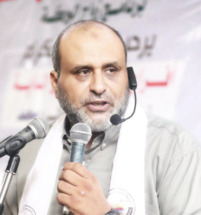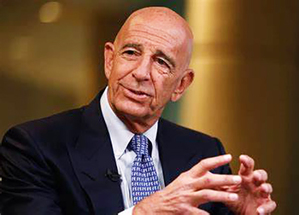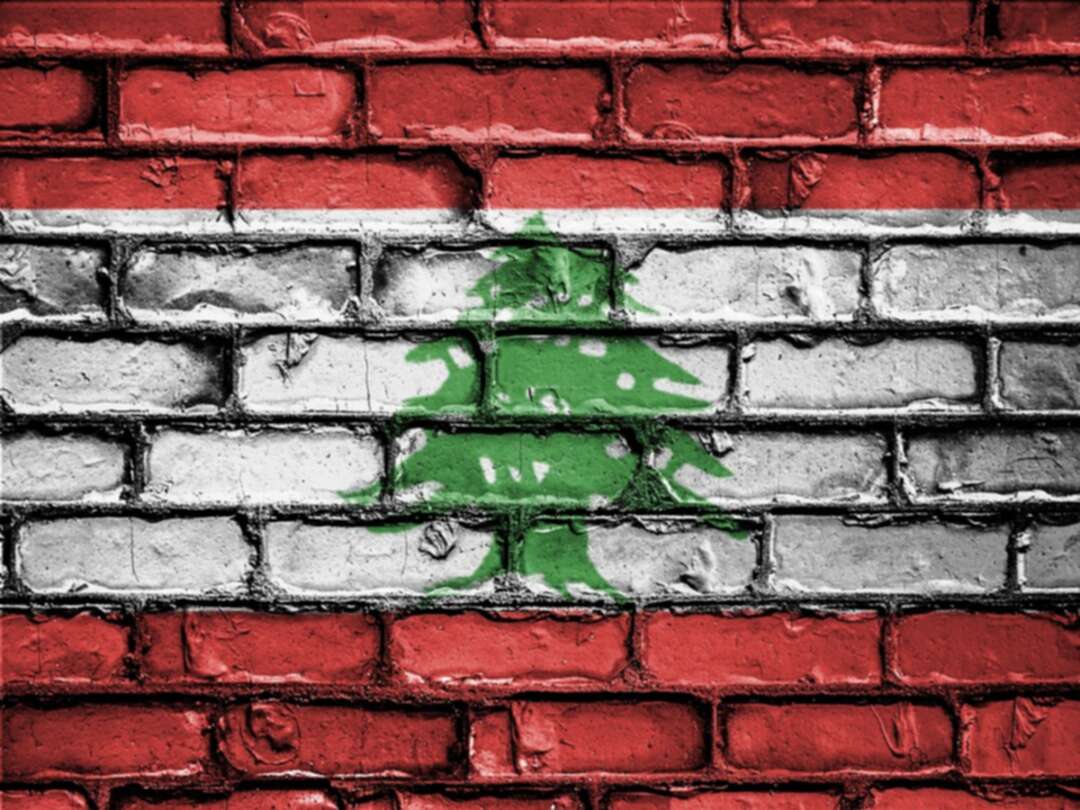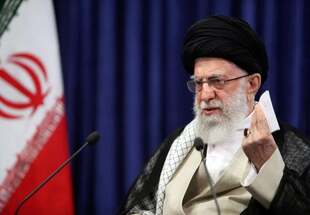-
Departure of the Deceitful Dictator
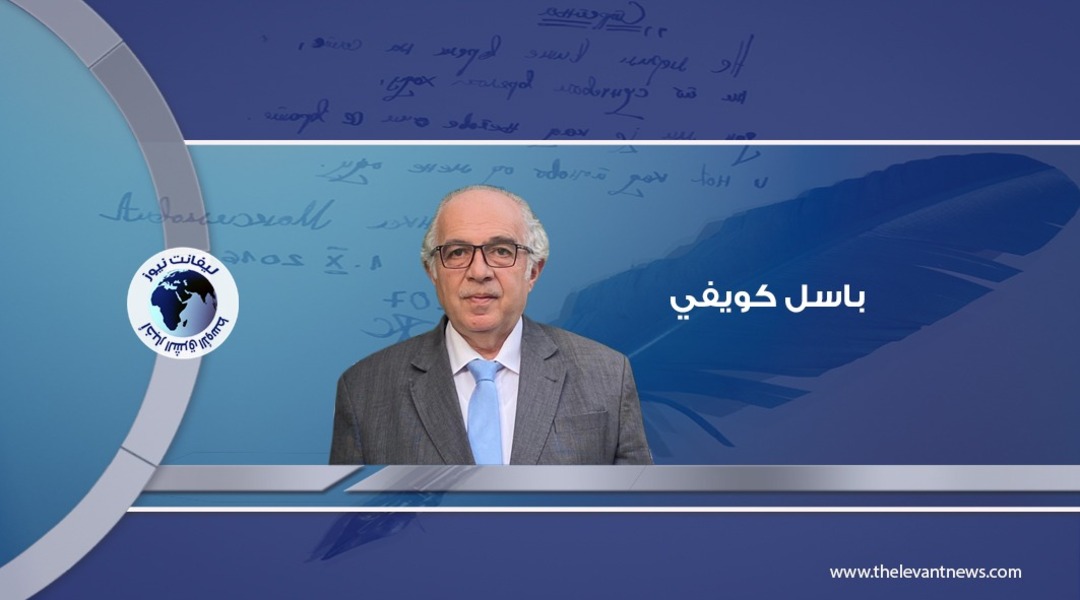
It is not surprising that Bashar al-Assad and his entourage have fled; the bastion of terrorism in thoughts, tools, and means has turned Syria into a large prison for Syrians of all affiliations and orientations. Millions have been displaced, both internally and externally, in refugee camps and on death boats in the sea.
There are hundreds of thousands of prisoners and detainees who have been held for decades, many of whom are missing and have vanished, with the hopes of their families fading.
There are hundreds of prisons and detention centers, some of which remain hidden, where countless innocent people have suffered; many have died, while those who lived wished they could join them to escape the torture, humiliation, and abuse.
The crimes are horrific; the regime has engaged in the most barbaric forms of torture on civilians, using electrocution and burning, and has destroyed cities and homes over their residents with various types of weapons, surpassing the actions of the Nazis in World War II.
The tyrant was not content with this; before his escape, he designated (Israel) a bank of Syrian military targets, considering that Syria is his farm and wishes to complete the destruction of the military establishment that belongs to the Syrian people. He violated its structure and transformed it from a Syrian national entity into a conspiratorial, oppressive, and exploitative Assadist institution, to the extent that Syria today is almost disarmed.
The path taken by the dictator and his nefarious alliances has reflected the remnants of a war that lured global powers into a state of precarious balance: American and Russian forces positioned at opposite corners of the country, a Turkish base in the north, and Iranian presence with multiple branches under the pretext of facing Israel, have turned Syria into a battleground for conflict between Iran and Israel over various issues, some visible and most hidden.
Israel has regularly bombed various targets across Syria under various pretexts, with no response other than retaining the right to retaliate, even near Damascus and within it. This mirrors the scenario experienced by his predecessor, Hafez al-Assad, who secured his path to power through internal coups and covert alliances within the Defense Ministry to the presidency, immediately after Syria lost the Golan Heights and ceded it to Israel in the 1967 war.
The rule of dictators and totalitarian regimes throughout history is destined to fade, as seen with Ceaușescu in Romania and Hitler in Germany. However, they were braver than the deceitful Bashar and met their inevitable fate.
The Syrians now are all concerned with the process of political transition for a state that represents their aspirations and forming a transitional governing body with a clear timetable to achieve it.
The most important message the Syrians convey to one another today is that of civil peace and social security through forgiveness, to liberate themselves from the detestable Assad era and from the mentality of domination, hatred, and exclusion, so that Syria can truly be for all Syrians, as free and equal citizens. This is the foundational introduction to a new Syria; forgiveness also means transitional justice, which involves holding accountable those criminals who shed Syrian blood and subjected them to torture in prisons, compensating the victims, the martyrs, the injured, the freed detainees, and those whose homes have been destroyed. Forgiveness is about restoring the state with its pillars, represented by the sovereignty of the people and the separation of legislative, judicial, and executive powers, within a trustworthy and consensual democratic political system.
On the regional and international external front, and the upcoming Syrian policies, I hope these policies will become flexible and engage with the region and the world based on mutual interests that fulfill the demands of the free Syrian people through mutual cooperation to achieve security, stability, and sustainable peace for the region and the world.
Syria is Arab by its region and the majority of its people; thus, we must preserve its rich mosaic of nationalities, ethnicities, and religions. The Arab countries should extend a helping hand to the free Syrian people after the end of the tyranny phase. What is required now from Egypt and Jordan is to reactivate the Arab Gas Pipeline and the electrical connection line between Egypt, Jordan, and Syria, while we also urge Gulf countries to provide financial and oil aid. We call on Turkey, the neighboring country, to foster good neighborliness and provide emergency food assistance to the Syrian people who have suffered the tragedies of the previous phase.
We also appeal to the United States and the West to ease the sanctions imposed on Syria following the fall of the oppressive regime and to provide the necessary support and assistance to the Syrian people in all medical, health, nutritional, agricultural, and technical needs to revive the economic movement.
We all know that the ideal city is a dream that is not easily achieved, except through the collective efforts of the Syrians themselves and through sincere cooperation with the nations of the world, to restore freedoms, justice, equality, and the rule of law, which together form the path to democracy, dignity, and stability in a
Basil Kouwaifi
Tags
You May Also Like
Popular Posts
Caricature
BENEFIT Sponsors BuildHer...
- April 23, 2025
BENEFIT, the Kingdom’s innovator and leading company in Fintech and electronic financial transactions service, has sponsored the BuildHer CityHack 2025 Hackathon, a two-day event spearheaded by the College of Engineering and Technology at the Royal University for Women (RUW).
Aimed at secondary school students, the event brought together a distinguished group of academic professionals and technology experts to mentor and inspire young participants.
More than 100 high school students from across the Kingdom of Bahrain took part in the hackathon, which featured an intensive programme of training workshops and hands-on sessions. These activities were tailored to enhance participants’ critical thinking, collaborative problem-solving, and team-building capabilities, while also encouraging the development of practical and sustainable solutions to contemporary challenges using modern technological tools.
BENEFIT’s Chief Executive Mr. Abdulwahed AlJanahi, commented: “Our support for this educational hackathon reflects our long-term strategic vision to nurture the talents of emerging national youth and empower the next generation of accomplished female leaders in technology. By fostering creativity and innovation, we aim to contribute meaningfully to Bahrain’s comprehensive development goals and align with the aspirations outlined in the Kingdom’s Vision 2030—an ambition in which BENEFIT plays a central role.”
Professor Riyadh Yousif Hamzah, President of the Royal University for Women, commented: “This initiative reflects our commitment to advancing women in STEM fields. We're cultivating a generation of creative, solution-driven female leaders who will drive national development. Our partnership with BENEFIT exemplifies the powerful synergy between academia and private sector in supporting educational innovation.”
Hanan Abdulla Hasan, Senior Manager, PR & Communication at BENEFIT, said: “We are honoured to collaborate with RUW in supporting this remarkable technology-focused event. It highlights our commitment to social responsibility, and our ongoing efforts to enhance the digital and innovation capabilities of young Bahraini women and foster their ability to harness technological tools in the service of a smarter, more sustainable future.”
For his part, Dr. Humam ElAgha, Acting Dean of the College of Engineering and Technology at the University, said: “BuildHer CityHack 2025 embodies our hands-on approach to education. By tackling real-world problems through creative thinking and sustainable solutions, we're preparing women to thrive in the knowledge economy – a cornerstone of the University's vision.”
opinion
Report
ads
Newsletter
Subscribe to our mailing list to get the new updates!


